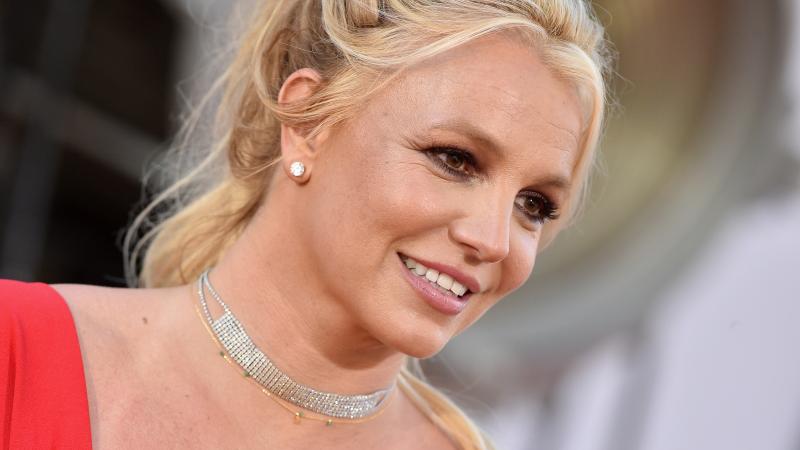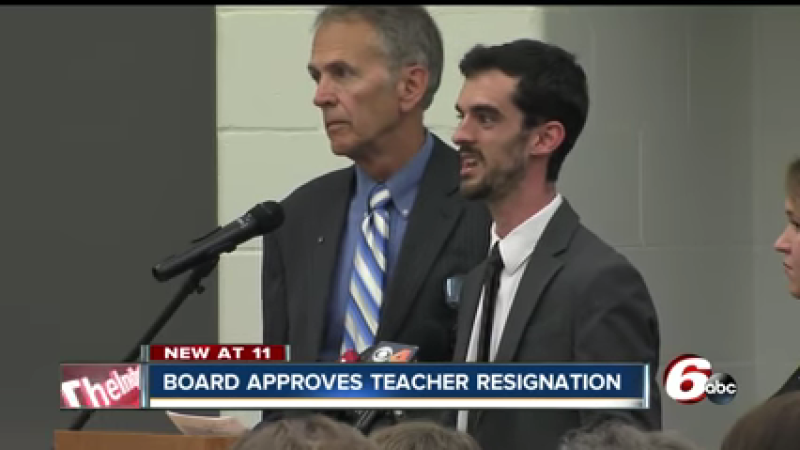Biden floats national security review of Musk's Twitter purchase as UN, EU demand censorship
President's chuckling response follows new Twitter owner's content moderation pullback, call to vote Republican.
Governments worldwide are voicing threats against Twitter's new owner if he doesn't censor narratives they dislike, as financially struggling Facebook gets even cozier with global authorities.
President Biden, who has been trashing Twitter since Elon Musk's takeover and warning about the dangers of unfettered communication, even floated a national security review into Musk's purchase.
The ire of the unpopular incumbent, whose approval ratings lagged far behind exit polls for Democratic Senate candidates in the midterms, may have been stoked by Twitter's Birdwatch program adding a reader note about inflation to a since-deleted White House claim that President Biden is responsible for "the biggest increase in their Social Security checks in 10 years."
Twitter also "froze" content moderation and policy enforcement tools for several Trust and Safety team employees ahead of the midterm elections, letting them penalize only "the most high-impact violations that would involve real-world harm," Bloomberg reported Nov. 1.
Unnamed employees claimed Musk had also questioned the vagueness of Twitter's general misinformation policy and the "targeted misgendering or deadnaming" provision in the "hateful conduct" policy, Bloomberg said.
At a Chicago fundraiser Friday, the president accused Twitter of "spew[ing] lies all across the world" and complained that "editors" no longer determine the truth. At an earlier Democratic campaign gathering, Biden asked how "people know the truth" without editors overseeing the internet.
Two days after Musk encouraged independents to vote Republican as a check on the Democratic White House, a chuckling Biden said the Tesla CEO's cooperation and "technical relationships with other countries" such as Saudi Arabia "is worthy of being looked at" by U.S. regulators, which could happen in "lots of ways."
The remark was prompted by a reporter at a White House press conference Wednesday who asked if the Twitter purchase was a national security threat. The president admitted he had no evidence Musk was "doing anything inappropriate."
Democratic Sen. Chris Murphy urged an "immediate" national security review a week earlier, asking Treasury Secretary Janet Yellen to commission the interagency Committee on Foreign Investment in the U.S. to look at the 5% combined funding of Musk's takeover by Saudi and Qatari governments.
Murphy warned that "any potential that Twitter's foreign ownership will result in increased censorship, misinformation, or political violence is a grave national security concern," without recognizing that the U.S. has justified censorship to suppress misinformation. The foreign funding could also affect "the ability of the White House or a Governor to communicate with constituents."
"Even if CFIUS were to find sufficient ownership or control of Twitter," George Washington University law professor Jonathan Turley wrote, it would "not likely present a substantial barrier for Musk. However, the point of these calls is to harass Musk at every turn in retaliation for his defense of free speech values on social media."
Teaching the South African space pioneer to respect official doublespeak may have been the point of United Nations High Commissioner for Human Rights Volker Turk's Nov. 5 letter.
The new owner should stand up for free expression "to the full extent possible under relevant laws" and transparently share "government requests — or pressures — that infringe those rights," Turk told Musk. But Twitter must not "amplify" the "viral spread of harmful information," such as that related to COVID-19 vaccines, that "results in real world harms."
It must not let up on removing "hatred" from the platform, and its content moderation capacity must be sufficient to cover "all the languages and contexts in which it does business," Turk said.
His feelings appear to be reflected in the UN General Assembly, which applauded sweeping calls for internationally coordinated censorship by New Zealand Prime Minister Jacinda Ardern, "the smiling face of the new generation of censors" in Turley's words.
Ardern compared purported disinformation to the threats posed by the "old weapons" of war. "We came together as communities to minimize these threats," she said. "We created international rules, norms and expectations. We never saw that as a threat to our individual liberties — rather, it was a preservation of them. The same must apply now as we take on these new challenges."
As soon as Musk declared the deal closed, a European Union official implied it could block the platform across the continent if Musk didn't submit to its narrow conception of free speech in the Digital Services Act.
"In Europe, the bird will fly by our [EU] rules," Internal Market Commissioner Thierry Breton tweeted, reminding Musk of the acquiescent video he made with the bureaucrat after starting the acquisition process.
London Mayor Sadiq Khan said Twitter must engage in "direct consultation with experts in countering digital hate & misinformation" before reinstating suspended users such as former President Trump.
One might believe Musk is damned if he does and damned if he doesn't with Germany's ruling Social Democratic Party, based on members' comments to the German business newspaper Handelsblatt.
Party leader Lars Klingbeil called on authorities to "take consistent action" to stop Twitter's attack on "diversity of opinion," while MP Jens Zimmermann called on the Federal Office of Justice to hold Musk himself financially responsible if Twitter can't meet German moderation requirements due to staff cuts.
German authorities believe that criminal prosecution of purported purveyors of online misinformation and hate — including fines and jail time — actually creates a safe space for freedom of speech, according to a recent profile of the country's crackdown in The New York Times.
Fewer than 1 in 5 Germans feel free to publicly share their thoughts, and most are afraid to even privately tell friends their opinions, according to a recent poll cited by Turley.
Meta CEO Mark Zuckerberg's costly Metaverse buildout doesn't appear to be slowing the Facebook and Instagram owner's efforts to dictate the truth to users, as noted by Reclaim the Net.
To snuff out and throttle purported climate misinformation, Meta has expanded its "Climate Science Center" to 165 countries and its "Climate Inform Labels," which are automatically added to related user posts so followers can find "expert-backed information," the company said Sunday.
Its new "Climate Science Literacy Initiative" is intended to "pre-bunk climate misinformation by running ads across our products and apps that feature five of the most common techniques used to misrepresent climate change," it said.
It's testing a "Climate Pledges" feature in Facebook Groups, developed with U.N. programs, that provides "expert-backed climate solutions to spark conversation and help people understand the most impactful actions they can take."
The Facts Inside Our Reporter's Notebook
Videos
Links
- approval ratings lagged far behind exit polls
- Twitter's Birdwatch program adding a reader note about inflation
- Bloomberg reported
- president accused Twitter of "spew[ing] lies
- Biden asked how "people know the truth"
- Musk encouraged independents to vote Republican
- White House press conference
- asking Treasury Secretary Janet Yellen to commission
- law professor Jonathan Turley wrote
- Volker Turk's Nov. 5 letter
- "the smiling face of the new generation of censors"
- Thierry Breton tweeted
- hostage video he made with the bureaucrat
- Twitter must engage in "direct consultation
- German business newspaper Handelsblatt
- The New York Times
- recent poll cited by Turley
- Reclaim the Net.
- company said Sunday.














